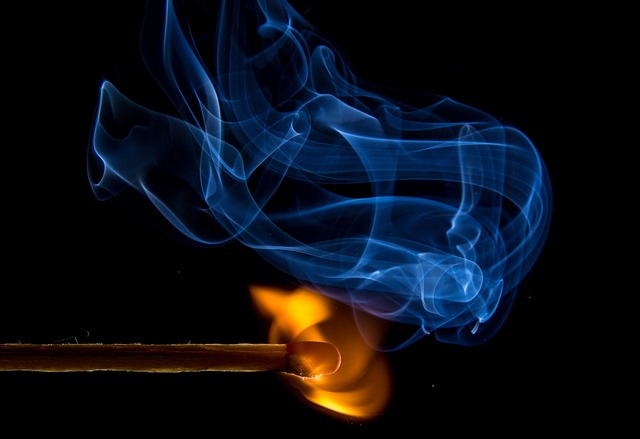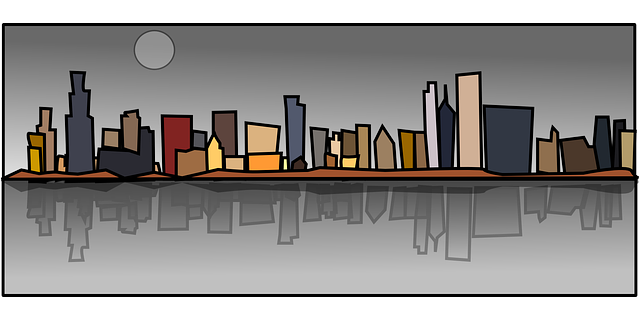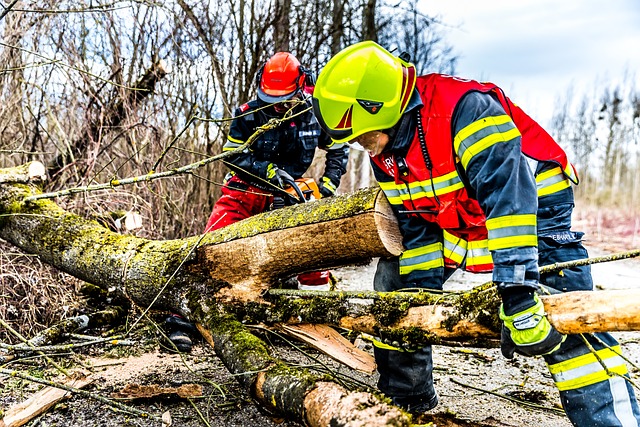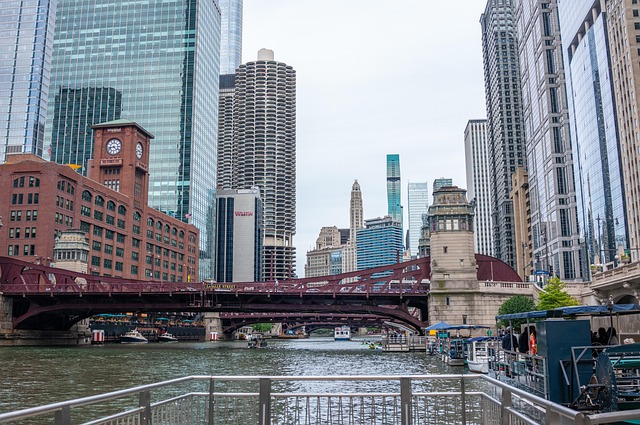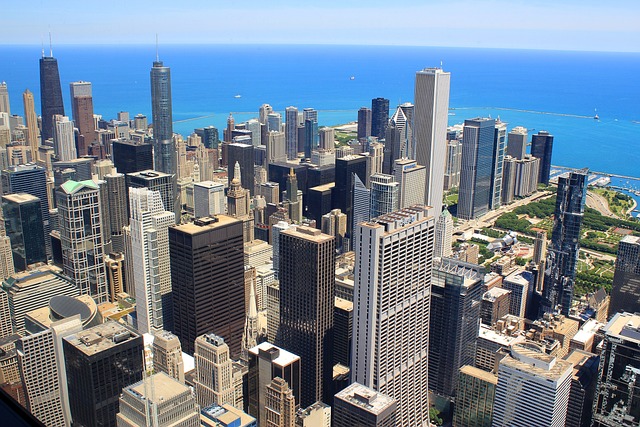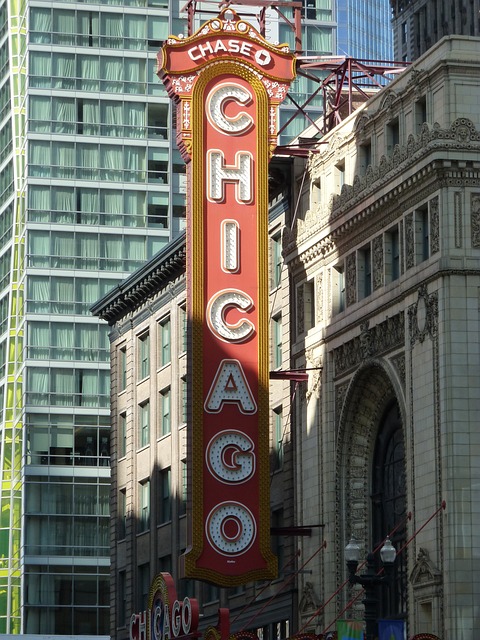In Illinois, especially in Chicago, selling a home with fire damage involves navigating complex repairs, local regulations, and market trends. Strict legal guidelines ensure transparency for buyers while challenging sellers to provide detailed disclosure reports. Strategic renovations can increase property value and attract buyers interested in Chicago's unique distressed properties, with proper marketing emphasizing the home's potential after repairs.
“In the competitive real estate market of Illinois, understanding distressed property sales is crucial for both buyers and sellers. This article delves into the unique challenges and opportunities presented by these transactions, focusing on the specific case of Chicago, where fire damage is a prevalent issue. We explore the legal landscape surrounding distressed homes, offering insights into navigating the process effectively. By examining strategies for successful selling, homeowners facing fire damage in Chicago can now approach their real estate journey with informed steps towards transforming a potential setback into a lucrative opportunity.”
- Understanding Distressed Property Sales in Illinois
- Fire Damage as a Common Distressor: The Chicago Case Study
- Legal and Regulatory Framework for Selling Distressed Homes
- Strategies for Successful Selling: Navigating the Process in Illinois
Understanding Distressed Property Sales in Illinois
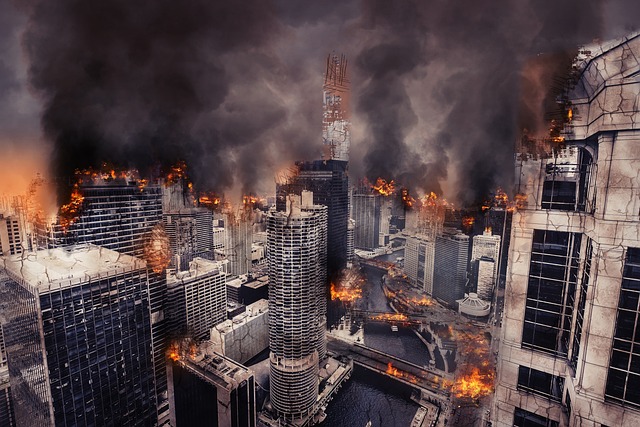
In Illinois, distressed property sales encompass homes that have been affected by various challenges, often leading to a need for swift and strategic selling. One prevalent scenario is fire damage, particularly in Chicago, where such cases are not uncommon. Selling a home with fire damage in Chicago requires a unique approach due to the potential complexities involved.
Fire-damaged properties demand specialized handling as they may present significant repairs and restoration needs. Buyers who specialize in distressed assets or those seeking renovation projects can find these homes attractive for their potential for transformation. Understanding the local real estate market, including current buyer trends and regulations related to property rehabilitation, is essential for both sellers and buyers navigating fire-damaged properties in Chicago.
Fire Damage as a Common Distressor: The Chicago Case Study
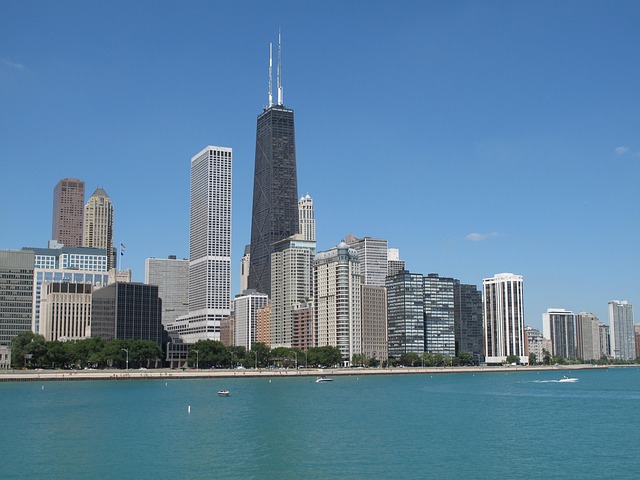
Fire damage is a significant distressor that often plagues homeowners in Illinois, particularly in bustling cities like Chicago. When a house suffers from fire, it’s not just the physical structure that’s affected; the emotional trauma and financial burden can be immense. This issue is especially pertinent when considering selling a home with fire damage in Chicago.
Take the case of many Chicago neighborhoods where historic homes bear the scars of past blazes. The process of repairing and revitalizing these properties can be complex and costly, often requiring specialized services to address structural integrity concerns and aesthetic restoration. Despite these challenges, determined sellers find opportunities in these distressed sales. Buyers looking for renovation projects or those drawn to the potential of restoring a charming piece of Chicago’s history are drawn to these listings, creating a unique market dynamic within the city’s real estate landscape.
Legal and Regulatory Framework for Selling Distressed Homes
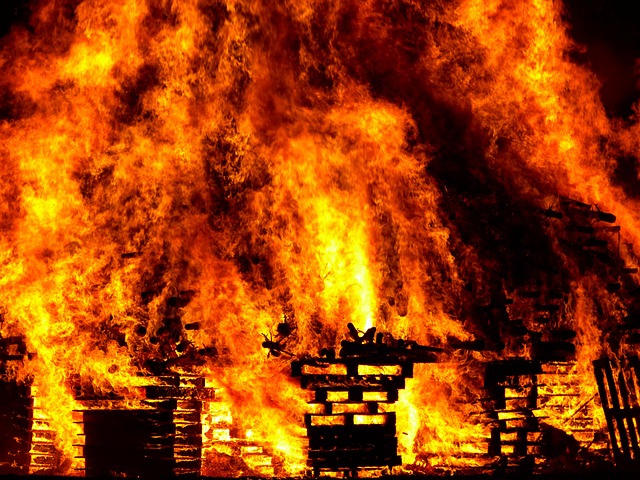
In Illinois, including the bustling city of Chicago, the legal and regulatory framework surrounding the sale of distressed homes is designed to protect buyers and ensure transparency. When selling a home with fire damage in Chicago, specific guidelines must be followed to prevent fraud and ensure property values remain accurate. The state’s legislation mandates that potential buyers are fully informed about any existing issues, including structural damage from fires, to make informed decisions.
This process involves comprehensive disclosure requirements for sellers. In the case of fire-damaged properties, detailed reports on the extent of the damage, repairs undertaken, and any ongoing safety concerns must be provided. These regulations are in place to safeguard buyers and prevent them from facing unforeseen challenges after purchasing a property. Such measures ensure that selling a home with fire damage in Chicago remains a regulated and accountable practice.
Strategies for Successful Selling: Navigating the Process in Illinois

When considering selling a home with fire damage in Chicago, understanding the process is key to achieving a successful sale. One effective strategy is thorough repairs and renovations, addressing all structural and cosmetic issues, including smoke and water damage restoration. This not only increases the property’s value but also widens your potential buyer pool.
Engaging experienced professionals like contractors and restoration experts can significantly enhance your chances. They can provide accurate assessments, recommend cost-effective solutions, and ensure compliance with local building codes. Additionally, marketing strategies tailored to distressed properties, such as highlighting repairs made and emphasizing the home’s potential, can attract buyers looking for opportunities.
Distressed property sales, particularly those involving fire-damaged homes in Chicago, require a nuanced understanding of both market dynamics and legal considerations. As highlighted through our case study, fire damage can significantly impact property values, necessitating specialized strategies for effective selling. By navigating the legal and regulatory framework outlined in this article, homeowners and real estate professionals in Illinois can successfully market distressed properties, revitalizing communities and offering new opportunities to those seeking affordable housing. For those looking to sell a home with fire damage in Chicago, understanding these key aspects is crucial for achieving a successful transaction.
